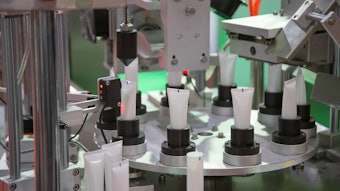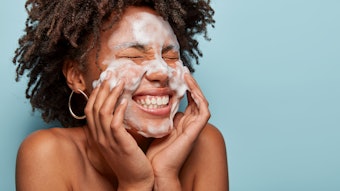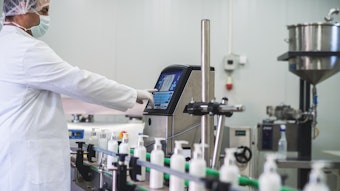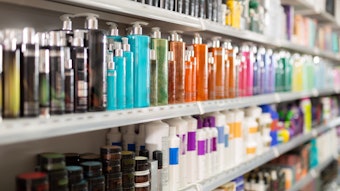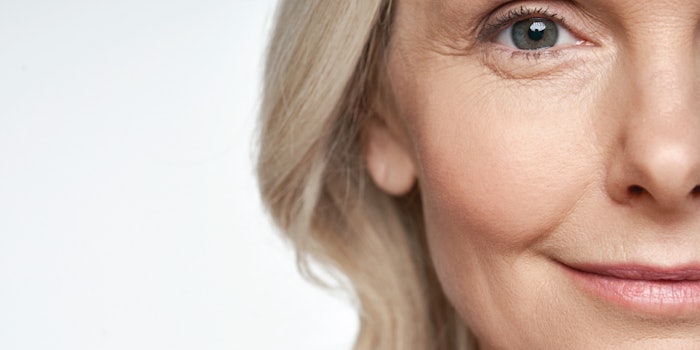
Read the full feature in the July/August 2022 digital edition here. . .
Genistein and daidzein are soy isoflavones with antioxidant and estrogenic properties that have been proposed to protect against skin aging in postmenopausal women. These actives also are used to help reduce photoaging, skin dryness and wrinkles, and restore skin elasticity. In relation, they are listed in the Personal Care Product Council (PCPC) INCI Dictionary for their skin-conditioning effects.
In January 2022, the Scientific Committee on Consumer Safety (SCCS) released its official opinion on these soy-derived phytochemicals, noting concerns related to potential endocrine-disrupting properties. Although these molecules have shown weak binding affinities to estrogen receptors in vitro, the use of genistein in cosmetic products up to a maximum concentration of 0.007% is considered safe; daidzein, on the other hand, had insufficient data to exclude potential genotoxic effects.1
Whether this opinion will resurrect attention to the benefits of these plant isoflavones has yet to be seen. In the meantime, there is evidence suggesting these entities could benefit menopausal skin, especially considering how estrogen deficiency after menopause adversely affects skin physiology. Changes include loss of collagen, elastin, fibroblast function and vascularity, and increased matrix metalloproteinase(s) enzymatic activities.
These result in cellular and extracellular degradation that leads to skin dryness, wrinkles, atrophy, impaired wound healing and barrier function; and decreased antioxidant defense against reactive oxygen species (ROS) and oxidative stress. Additional effects include a perceived reduction in attractiveness, decrease in psychological health and increased perception of aging. Therefore, plant-derived phytoestrogens that act as selective estrogen receptor modulators (SERMs) have the potential to address these changes in estrogen-deficient skin.2
. . .Read more in the July/August 2022 digital edition here. . .
References
- Grabenhofer, R. (2022, Jan 31). Genistein safe, daidzein inconclusive: SCCS opinion. Cosmet Toilet. Available at: https://www.cosmeticsandtoiletries.com/regulations/safety/news/22030665/genistein-safe-daidzein-inconclusive-sccs-opinion
- Lephart, E.D. and Naftolin, F. (2021). Menopause and the skin: old favorites and new innovations in cosmeceuticals for estrogen-deficient skin. Dermatology and Therapy 11(1) 53-69. Available at: https://doi.org/10.1007/s13555-020-00468-7

